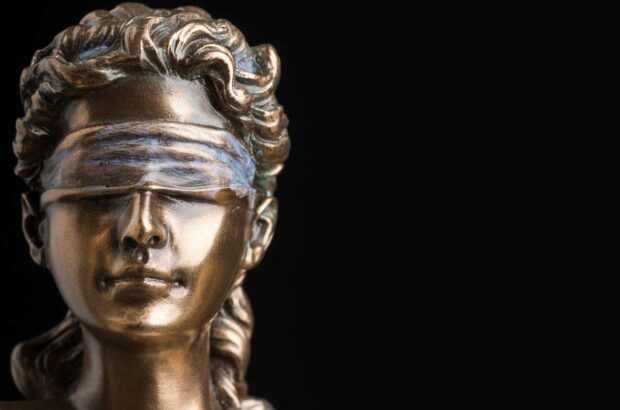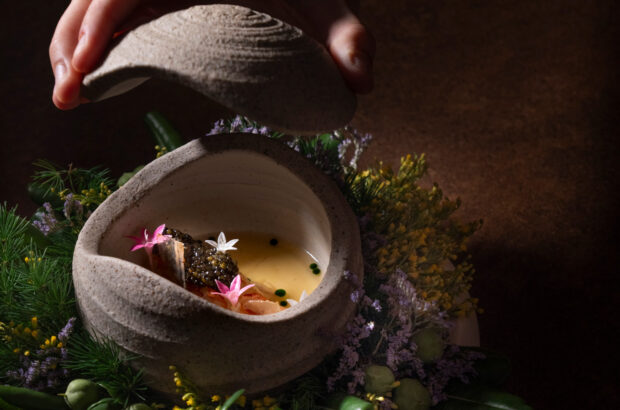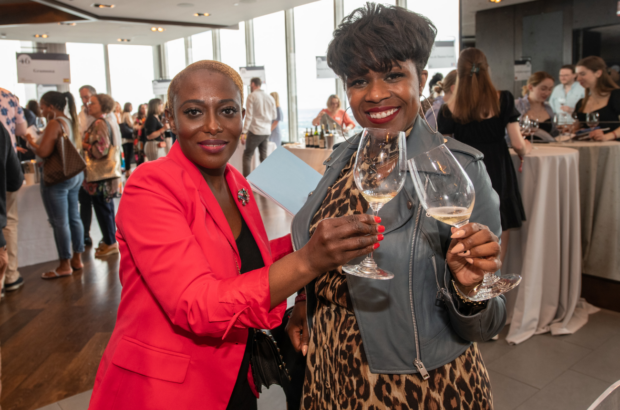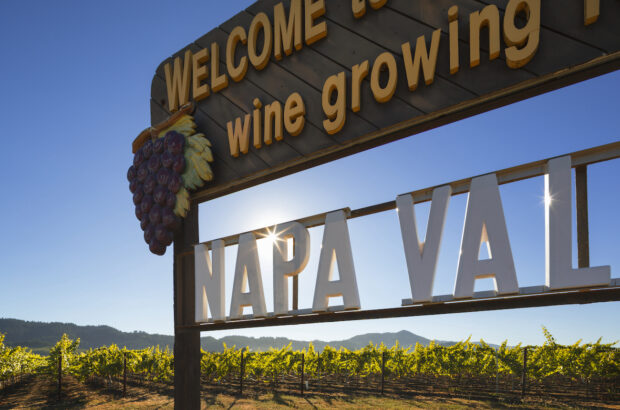What does a knight of the realm, and chairman of one of Britain’s biggest companies,Sir Christopher Bland, do to relax? Prune vines, he tells Guy Woodward.
The first time I met Sir Christopher Bland, I had little idea who he was. It was a lunch hosted by Leiths school of Food & Wine, of which he is chairman and co-owner. That much was evident when, as other guests mingled and shook hands, he didn’t feel the need to introduce himself, instead just bounding in to conversation. Relaxed, avuncular, he was good company throughout, before excusing himself with talk of ‘having to get the phones sorted’.
This parting comment, greeted with laughter by fellow diners, struck me as odd, and left me racking my brains as to why his name rang a bell. Was he something to do with BT? Or the BBC?
The second time I met Sir Christopher Bland having done a bit more in the way of research, was in the more austere surroundings of private equity house Warburg Pincus, to whom he is an adviser. He was in the same breezy mood, at ease with life and himself. Stress? Been there, done that – as his rapidly acquired CV informed me.
Sir Christopher Bland is chairman of BT, was previously chairman of the BBC Board of Governors, and also chairs the Royal Shakespeare Society, Canongate Publishing and Leiths (investment in whose professional culinary school he describes as ‘the best business decision I ever made’). He has chaired such diverse interests as LWT, the Private Finance Panel and Hammersmith Hospitals NHS Trust, being knighted for his work for the NHS in 1993.
The most revealing detail on his biography, however, is that he captained the university fencing team. Among the other accolades, this seems somewhat modest, the type of boast keen work-experience types pepper their CV with when trying to get a first job.
‘It was at university that I first got into wine,’ he says. ‘We used to drink a lot of sherry – it was cheap and did the business. I joined the Oxford Food and Wine Society, and I remember thinking things like [German sweet wine] Niersteiner Domtal smelled and tasted splendidly. I wasn’t at all sophisticated, and I’m not sure I am now.’
The young Bland’s first taste of wine had been a half-bottle as an office cadet doing National Service, aged 18. ‘People didn’t drink much wine in those days [the 1950s], and this was the first time I’d tried it,’ says Bland, who was born in Japan and schooled in Yorkshire.
His epiphany at university was finessed by a young John Armit, a contemporary who Bland has kept in touch with, as a loyal customer – ‘partly because of his beautiful catalogue’. He credits Armit with extending his appreciation of Brunello, and, to a lesser extent, South African Sauvignon Blanc, which he enjoys for ‘everyday drinking’.
https://www.decanter.com/wine-news/john-armit-steps-down-41525/
Bland’s love affair with wine became serious when, 12 years ago, he bought a house with a wine cellar, and ‘it seemed appropriate to fill it’. ‘It’s 19th century, with numbered alcoves,’ he says proudly. ‘I had a decent collection before but in a smaller cellar. Now I have a decent collection in a much bigger cellar.’
By ‘decent’, he means 1,000 bottles of Bordeaux, 100 bottles of Champagne, and 120 bins of white Burgundy. Forced to choose, he ‘will always go for claret’. ‘I’ve been very lucky to have tried some very good ones,’ he says. ‘I’ve tried some 1947s. I’ve no longer got any ’61s but I do have some ’82s left – first growths.’
Bland has latterly developed a taste for New World Bordeaux blends, citing Argentina’s Cheval des Andes and South Africa’s Vergelegen as two prime examples. His main vinous project, however, is even more adventurous: ‘Ten years ago, I bought a little vineyard next to our house in France, in Gascony. The village’s name is Jegun, which means “town of wine” in old French.’
The previous owner had been making wine with Seibel vines, which Bland tried for a couple of years before rooting them and planting Cabernet Sauvignon and Merlot, in the same proportions as Château Lafite. ‘We make about 1,000 litres a year – just enough for four middle-aged couples to harvest in a day.
‘I try to guide the vinification but I’ve had a certain amount of conflict with my guardian. He is not a great wine lover but disregards any suggestion from an Englishman. He also believes every grape belongs in the harvest regardless of condition. I’m presuading him to be more selective. I prune the vines myself. It’s excellent therapy.’
As he becomes more animated with tales of his ‘immaculate double guyot’ vine-training, the challenges of oxidation (the guardian is ‘not a great pumper’) and help from his local grower (‘he told me that a layer of oil on the wine is air- and guardian-proof’) Bland insists on showing me some photos of him in the vineyards. His enthusiasm is endearing, and, looking round the office of one of the UK’s captains of industry, I half expect to see a certificate from his fencing days on the wall. But the office is bare, save for a chequebook lying on the desk – Coutts, of course.
Tasting notes
What did you drink last night? A 1902 Chassagne-Montrachet. It’s not everyday drinking, but my stepson and I cooked up a storm. I did a wonderful, cold, summer minestrone soup with asparagus, lentils, broad beans and pesto, with olive oil and chicken stock.
What’s your Desert island wine?
1961 Château Latour.
Who would you drink it with and where? At home with my wife. And we would drink from hand-blown crystal. The glasses you drink from make a huge difference, aesthetically. For claret and white wines, we have Simon Pierce glasses – big, heavy, solid.







